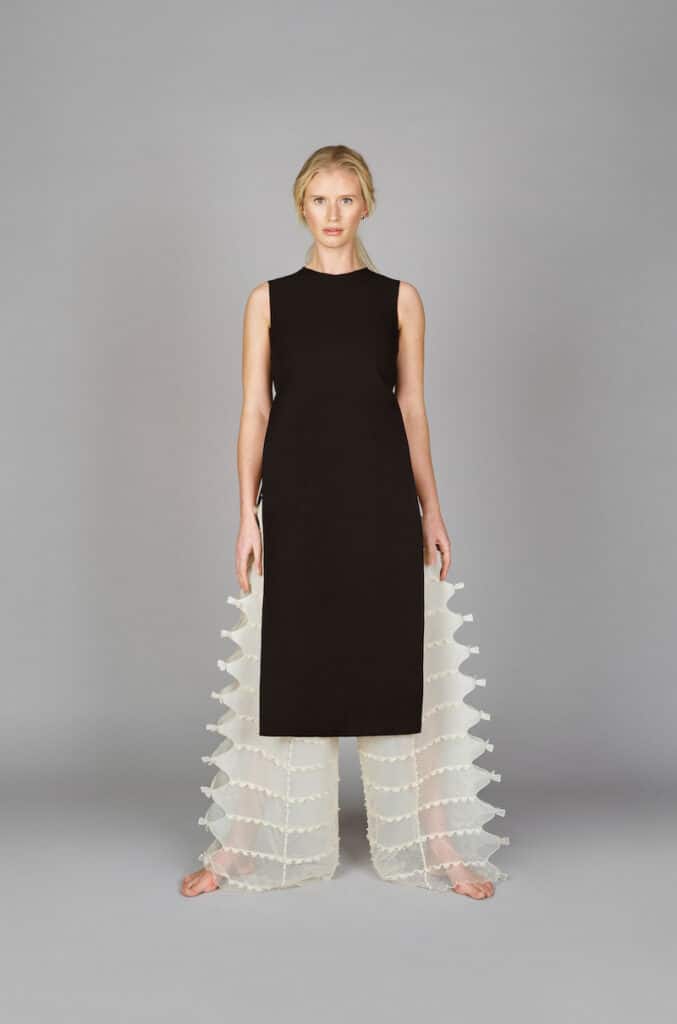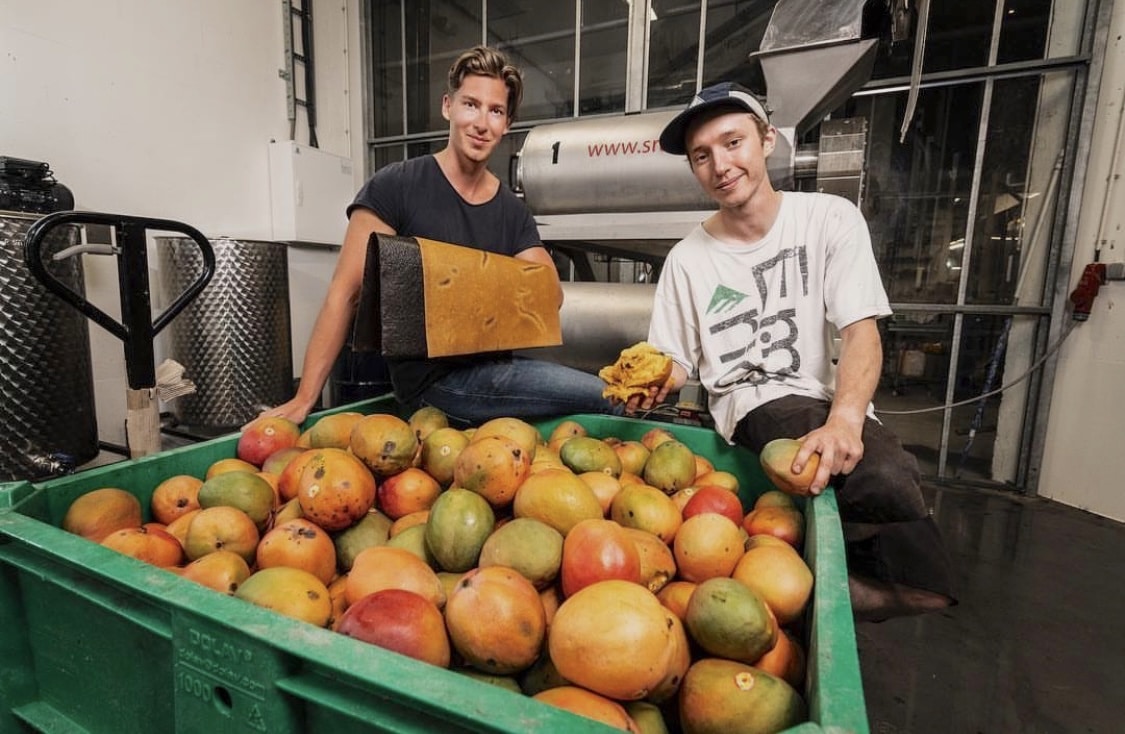To counter the environmental and overproduction crisis facing the fashion industry, Balena and Variable Seams have announced a partnership to develop a prototype garment using a revolutionary new material, the FlexTex3D. This textile, which is both compostable and designed for 3D printing, promises to transform fashion manufacturing practices by introducing sustainable solutions at every stage of the production chain.
David Roubach, CEO of Balena, explains : « With FlexTex3D, we offer an innovative response to the problems of overproduction and environmental waste. This material is not only high-performance; it is also part of our commitment to sustainable fashion, promoting a circular economic model in the industry. »
FlexTex3D as an alternative to unsustainable and polluting materials
In the current fashion crisis, 40% of the clothes produced each year remain unsold, representing around 60 billion items. The prevalence of unsustainable materials such as polyester and nylon is contributing to significant ecological degradation. Thanks to its compostability and recyclability, FlexTex3D directly addresses these challenges by offering a viable, environmentally-friendly alternative.
Faced with the need to reduce overproduction, according to a recent GFA survey, 78% of fashion brands express a desire to reform their production processes. 3D printing could play a key role, enabling the production of made-to-measure garments on demand, but the challenge remains to find suitable materials. “BioCir®flex3D, the backing for FlexTex3D, meets this requirement by offering flexibility, durability and aesthetics, while being biobased and biodegradable,” points out Balena.
« What we are proposing with FlexTex3D is a complete disruption of the current model, offering a material that can not only replace traditional plastics but also fit perfectly into a complete circular life cycle. », says Roubach. With this innovation, Balena hopes not only to minimise the environmental impact of fashion, but also to redefine beauty and functionality in modern textiles.
Photos : Balena






